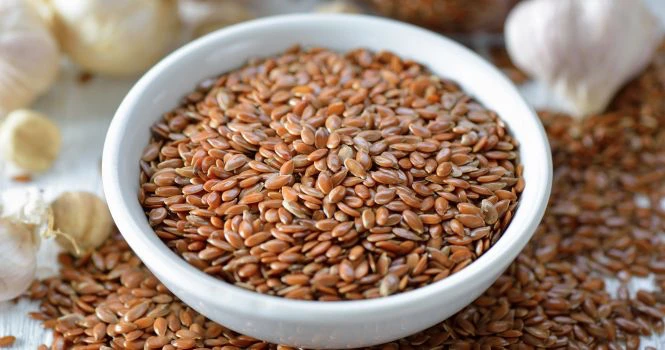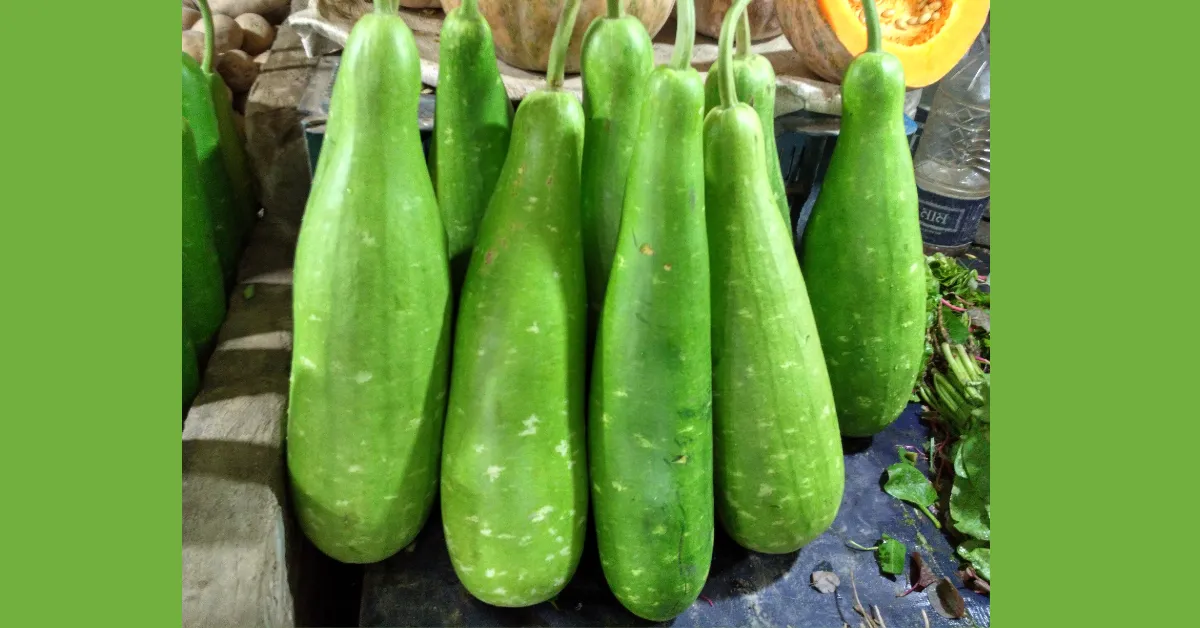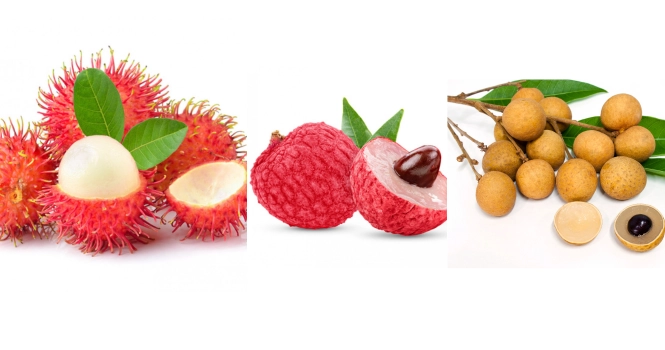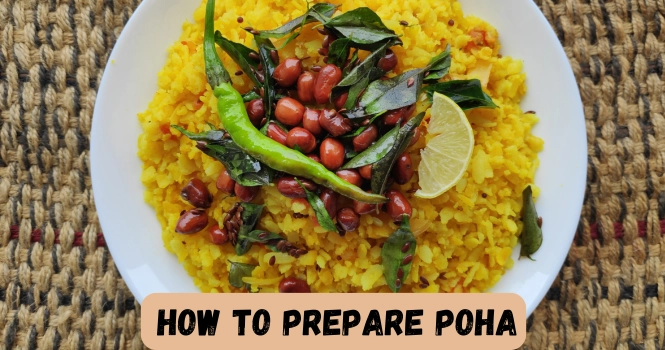From Snack to Superfood: The Versatility of Makhana or Fox Nuts
From a mere snack to a recognized superfood, Makhanas are a treasure trove of nutrients. Discover their myriad health benefits and learn creative ways to integrate this power-packed food into your daily diet.
Now let’s see what is it to begin with,
What is Makhana?
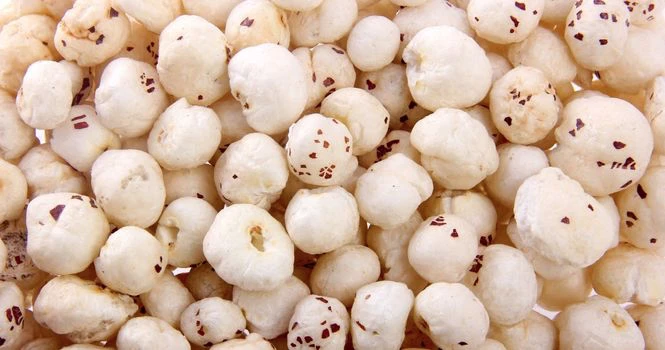
Makhana, also known as fox nuts, lotus seeds, or gorgon nuts, is a popular snack in many Asian countries, particularly in India.
Makhanas are derived from the seeds of the Euryale ferox plant (Scientific name), which is a type of water lily. The plant grows in ponds, wetlands, and lakes, mainly in the eastern part of India, as well as in some parts of East Asia.
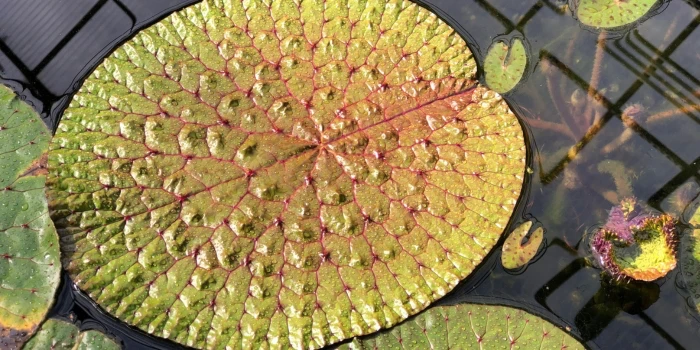
The harvesting process is labor-intensive. The seeds are collected from the bottom of the ponds and then they are cleaned and sun-dried. Post drying, the seeds are roasted at high temperatures, which causes them to pop, and this makes them puff up into the airy, crunchy snacks known as Makhana.
Makhanas are highly nutritious. They are low in calories, fat, and sodium, and are a good source of protein, carbohydrates, fiber, magnesium, potassium, phosphorus, iron, and zinc. They also contain antioxidants and have anti-inflammatory properties. Because of their nutritional value and health benefits, Makhanas are often considered a healthy snack option and are used in various cuisines.
What is Phool Makhana ?
Phool Makhana is essentially the same as Makhana, but the term “Phool” (which means flower in Hindi) is often added to emphasize that these are the puffed seeds of the water lily plant. Just like Makhana, Phool Makhana is derived from the seeds of the Euryale ferox plant.
The seeds are harvested, sun-dried, and then roasted, causing them to puff up. The puffed seeds are what is referred to as Phool Makhana. The word “Phool” may be used to illustrate that they puff up like flowers when roasted.
What are the other Names of Makhana?
Makhana is known by different names in different languages:
- English: Fox Nuts, Lotus Seeds, Gorgon Nuts, Euryale Seeds
- Hindi: Makhana, Phool Makhana
- Kannada: Tavare Bija (ತವರೆ ಬೀಜ)
- Telugu: Tavva Gaddalu (తావ్వ గడ్డలు)
- Marathi: Kamalache Bee (कमळाचे बी)
- Malayalam: Thamara Vithu (താമര വിത്ത്)
- Spanish: Nuez de zorro, Semillas de loto
- Arabic: Buz al-tha’lab (بذور الثعلب), Buz al-lotus (بذور اللوتس)
Nutritional Facts Per 100g
| Nutrient | Raw Makhana | Roasted Makhana |
| Energy | 350-390 kcal | 320-350 kcal |
| Protein | 9.7 – 10.3 g | 9.5 – 10.0 g |
| Total Fat | 0.1 – 0.2 g | 1.0 – 3.0 g (if oil is used) |
| Carbohydrates | 76 – 77 g | 70 – 73 g |
| Dietary Fiber | 10 – 14.5 g | 10 – 14 g |
| Sugars | Trace | Trace |
| Calcium | 60 – 75 mg | 60 – 75 mg |
| Phosphorus | 350 – 375 mg | 340 – 360 mg |
| Iron | 2.8 – 3.0 mg | 2.6 – 2.8 mg |
| Magnesium | 150 – 175 mg | 140 – 165 mg |
| Potassium | 500 – 525 mg | 480 – 510 mg |
| Zinc | 1.2 – 1.4 mg | 1.1 – 1.3 mg |
Benefits In Weight Loss
Makhana, or fox nuts, can be beneficial in weight loss following reasons,
1. Low in Calories:
They are low in calories, which makes it an ideal snack for those who are looking to reduce their caloric intake.
2. High in Fiber:
It is high in dietary fiber. Fiber helps in keeping the stomach full for a longer period of time, which can reduce the overall food intake and help in weight loss.
3. Low in Fat:
Makhana has a very low-fat content, which is beneficial for those trying to cut down on their fat intake.
4. High Satiety:
Due to their high fiber content, Makhanas are known to keep one satiated. This can help in reducing the urge to snack on high-calorie foods.
5. Rich in Protein:
It is a good source of protein, which is an essential macronutrient for building muscle mass. Having more muscle can increase the metabolic rate, which in turn can help in burning more calories.
6. Gluten-Free:
For those who are looking to reduce weight by cutting down on gluten, Makhana serves as a good gluten-free alternative.
7. Low Glycemic Index:
Foods with a low glycemic index are known to cause a slower increase in blood sugar levels, which can be beneficial in managing appetite and hence aiding weight loss.
8. Versatility in Diet:
They can be easily incorporated into various dishes, both sweet and savory. This makes it easier for someone on a weight loss regimen to include it in their diet without getting bored.
9. Antioxidant Properties:
They have antioxidant properties which can help in reducing inflammation. Sometimes, chronic inflammation can be linked to weight gain.
However, while consuming Makhana for weight loss, it’s important to keep an eye on portion sizes and avoid adding too many high-calorie ingredients (like excessive ghee or sugar) to the preparation. It’s best to consume it as a part of a balanced diet.
Is Makhana Good For Diabetics?
Makhana is indeed beneficial for individuals with diabetes. They have a low glycemic index (While there isn’t a universally agreed upon value for the GI of Makhana, it is generally considered to be low), which means their consumption results in a slower release of glucose into the bloodstream, preventing sudden spikes in blood sugar levels.
Makhanas are also high in dietary fiber, which further assists in regulating blood sugar levels. Moreover, they are low in sodium and high in potassium and magnesium, all essential elements for managing diabetes.
Also, they provide a decent amount of protein with low calories, making them a good snack choice.
However, like all foods, makhanas should be consumed in moderation as part of a balanced diet. It’s also recommended to consult with a healthcare provider or dietitian for personalized advice.
Makhana (Fox Nuts) Health Benefits
Makhana, or fox nuts, are not just a tasty snack but also offer a range of health benefits due to their nutritional content. Here are some of the health benefits of Makhana:
1. Weight Management:
Makhana is low in calories and fat, and high in fiber. This makes it a filling snack that can aid in weight management.
2. Heart Health:
The low sodium and high magnesium content in Makhana contribute to better heart health. Magnesium helps in regulating blood pressure, and a low sodium intake is advised for people with hypertension.
3. Anti-Aging Properties:
Makhana contains an antioxidant called kaempferol which is known for its anti-aging properties. This antioxidant helps in combating inflammation and oxidative stress.
4. Diabetes Control:
They have a low glycemic index, which makes it an ideal snack for diabetics as it causes a slower increase in blood sugar levels.
5. Good Source of Protein:
Being a good source of plant-based protein, Makhana can be beneficial especially for vegetarians or those looking to increase their protein intake.
6. Improves Digestive Health:
The high fiber content in Makhana helps in improving digestion and regularizing bowel movements, thus preventing constipation.
7. Calcium for Bones:
Makhana is a source of calcium, which is important for bone health.
8. Reducing Inflammation:
The antioxidants in Makhana help in reducing inflammation in the body. Chronic inflammation is linked to several health issues including heart disease, cancer, and autoimmune disorders.
9. Improves Cognitive Function:
Some studies suggest that the flavonoids in Makhana might help in improving cognitive function and preventing the decline in memory and brain function associated with aging.
10. Aids in Sleeping:
Makhanas are believed to have mild sedative properties which can help to improve sleep quality.
11. Good for Pregnant Women:
Due to its rich nutritional profile, Makhana is also considered to be a good snack option for pregnant women.
While Makhana has these health benefits, it is important to consume them in moderation as part of a balanced diet. Additionally, when preparing Makhana, it’s best to use minimal added fats, sugars, or salt to maintain its health benefits.
Side Effects of Makhana
They are generally considered safe for consumption and offer various health benefits. However, like any food, consuming them in excess or under certain conditions may have some side effects or considerations:
1. Allergic Reactions:
Some individuals might be allergic to Makhana or fox nuts. It’s important to be cautious if you are trying them for the first time, especially if you have a history of allergies to other nuts or seeds.
2. Digestive Issues:
Though Makhana is high in fiber and generally good for digestion, consuming it in excess can sometimes lead to bloating, gas, or constipation in some individuals.
3. Weight Gain:
While Makhana is low in calories and fat, consuming it in very large quantities, especially if it’s prepared with a lot of oil, butter, or salt, can contribute to weight gain.
4. Lowering Blood Pressure Too Much:
Makhana is known to be beneficial for heart health partly due to its potential to lower blood pressure. However, for individuals already on medication for high blood pressure, consuming Makhana in large quantities might cause blood pressure to drop too low.
5. Nutrient Overload:
Makhana is rich in certain minerals like potassium and phosphorus. Consuming it excessively might lead to an overload of these minerals, which is not advisable for individuals with kidney issues.
6. Dryness:
Some people believe that consuming Makhana can cause dryness in the body. Although there isn’t much scientific evidence to support this, in traditional medicine like Ayurveda, it’s sometimes recommended to consume Makhana along with fluids or foods that have moistening properties.
As with any food, moderation is key. It’s also a good idea to listen to your body and pay attention to how it reacts, and consult a healthcare provider if you have specific health conditions that may affect your dietary choices.
Makhana Snack Recipes
Makhanas are versatile and can be used in various snack recipes. Here are five detailed Makhana snack recipes:
1. Spicy Roasted Makhana
Ingredients:
- 2 cups of Makhana (fox nuts)
- 1 tbsp ghee (clarified butter)
- 1/2 tsp red chili powder
- 1/2 tsp turmeric powder
- Salt to taste
Instructions:
- Heat a large pan on medium heat and add ghee.
- Once the ghee is melted, add the Makhana and roast them on low to medium heat until they become crispy (about 7-10 minutes).
- Add red chili powder, turmeric powder, and salt. Mix well until the Makhanas are coated with the spices.
- Turn off the heat and let them cool. Store in an airtight container.
2. Honey Cinnamon Makhanas
Ingredients:
- 2 cups of Makhana
- 1 tbsp honey
- 1/2 tsp cinnamon powder
- 1 tbsp ghee
Instructions:
1. Roast the Makhana in ghee until they become crispy.
2. In a separate bowl, mix honey with cinnamon.
3. Add this honey-cinnamon mixture to the roasted Makhana and toss well.
4. Allow it to cool before consuming.
3. Makhana Raita
Ingredients:
- 1 cup Makhana
- 2 cups yogurt
- 1/2 tsp cumin powder
- Salt to taste
- Fresh coriander for garnishing
- Red chili powder (optional)
Instructions:
1. Roast the Makhana until they are crispy.
2. Beat the yogurt in a bowl, add salt, and cumin powder.
3. Add the roasted Makhana to the yogurt.
4. Garnish with fresh coriander and red chili powder if desired.
5. Refrigerate for a while before serving so that the Makhana absorbs the flavors.
4. Minty Makhana
Ingredients:
- 2 cups Makhana
- 1 cup mint leaves
- 1 tbsp ghee
- 1/2 tsp salt
- 1/2 tsp chaat masala
Instructions:
1. Blend mint leaves into a paste.
2. Roast Makhana in ghee until crispy.
3. Add mint paste, salt, and chaat masala to the Makhana and mix well.
4. Roast for a few more minutes until the mint paste is dry and coats the Makhana
evenly.
5. Let it cool and store in an airtight container.
5. Makhana Peanut Masala
Ingredients:
- 2 cups Makhana
- 1/2 cup peanuts
- 1 tbsp ghee
- 1/2 tsp turmeric powder
- 1/2 tsp red chili powder
- Salt to taste
- Fresh coriander for garnish
Instructions:
- In a pan, heat ghee and roast peanuts until they are golden brown.
- Add Makhana and continue to roast until crispy.
- Add turmeric powder, red chili powder, and salt, mix well.
- Garnish with fresh coriander.
- Serve immediately or store in an airtight container once cooled.
These recipes offer a mix of sweet and savory flavors. You can experiment with spices and ingredients according to your preference. Remember to consume Makhana snacks in moderation, especially if you are watching your caloric intake.
Frequently Asked Questions
How to Eat Makhana with Milk?
Makhana can be eaten with milk as a healthy and delicious breakfast or snack. Here’s how you can prepare it:
Ingredients:
- 1 cup Makhana (fox nuts)
- 2 cups milk
- Sugar or honey to taste
- A pinch of cardamom powder (optional)
- Chopped nuts like almonds and cashews for garnishing (optional)
Instructions:
- In a pan, dry roast the Makhana on low heat until they are crispy (about 5-7 minutes).
- In a separate pan, bring the milk to a boil.
- Add the roasted Makhana to the milk and simmer on low heat for about 10-15 minutes until the Makhana becomes soft.
- Add sugar or honey and a pinch of cardamom powder if using.
- Garnish with chopped nuts.
- Serve hot or cold based on your preference.
20 Grams Makhana Calories
Approximately, 20 grams of Makhana contains around 70 to 78 calories.
50 Grams Makhana Calories
Approximately, 50 grams of Makhana contains around 175 to 195 calories.
Does Makhana Increase Weight?
Makhana is low in calories and fat, making it a healthy snack. However, like any food, consuming it in excess can contribute to an increase in caloric intake and potentially lead to weight gain.
Also, if Makhana is prepared with a lot of ghee, butter, or sugar, it can be higher in calories.
Makhana is Hot or Cold for the Body?
In Ayurveda, Makhana is considered to have a cooling effect on the body. However, this does not mean it makes your body temperature drop; it is believed to balance the internal heat of the body according to Ayurvedic principles.
Is Makhana Good for Thyroid?
Makhana can be a part of a balanced diet for individuals with thyroid issues. It is rich in nutrients and low in calories. However, it is important for individuals with thyroid problems to consult their doctor for personalized dietary advice.
Do Makhanas (Fox Nuts or Lotus Seeds) Contain Estrogen, and If So, How Does This Affect Men’s Health?
Makhanas do contain a small amount of natural plant estrogens, or phytoestrogens. These are compounds that are structurally similar to the human hormone estrogen.
However, it’s important to note that the effects of phytoestrogens on the human body are not the same as those of the estrogen hormone itself.
In men, consuming foods with phytoestrogens, such as makhana, generally does not lead to ‘feminizing’ effects, despite common misconceptions.
However, it is also worth noting that while moderate consumption of phytoestrogens is likely safe and potentially beneficial for most people, their effects can vary depending on individual factors, including overall diet, lifestyle, and genetic makeup.
For example, if a man consumed a diet exceptionally high in phytoestrogen-rich foods, it might potentially interfere with hormone balance.
Moreover, research on the effects of phytoestrogens in humans is still ongoing, and more comprehensive studies are needed to fully understand their impacts. If you have any concerns or health conditions that might be affected by hormonal changes, it’s always a good idea to discuss your diet with your doctor.
More research is required in nutritional science and always when in doubt, discuss with your doctor about your present health status and take a call.
![]()



